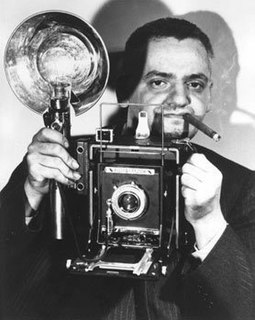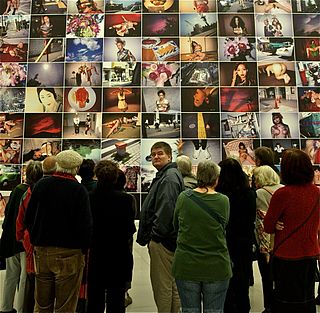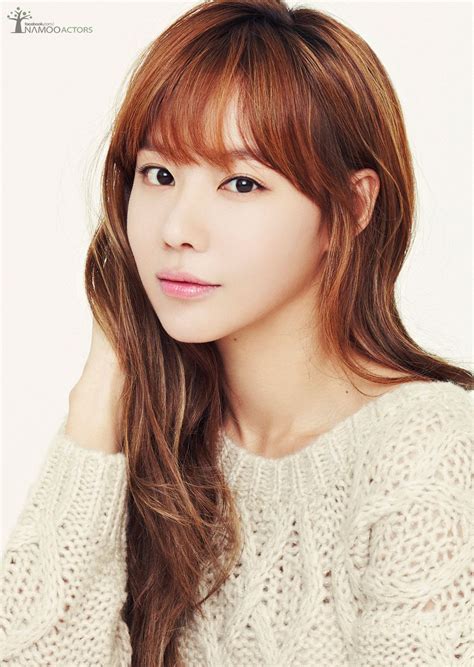A Quote by Weegee
The same camera that photographs a murder scene can photograph a beautiful society affair at a big hotel.
Related Quotes
To photograph people is to violate them, by seeing them as they never see themselves, by having knowledge of them that they can never have; it turns people into objects that can be symbolically possessed. Just as a camera is a sublimation of the gun, to photograph someone is a subliminal murder - a soft murder, appropriate to a sad, frightened time.
But there is more to a fine photograph than information. We are also seeking to present an image that arouses the curiosity of the viewer or that, best of all, provokes the viewer to think-to ask a question or simply to gaze in thoughtful wonder. We know that photographs inform people. We also know that photographs move people. The photograph that does both is the one we want to see and make. It is the kind of picture that makes you want to pick up your own camera again and go to work.
Once a photographer is convinced that the camera can lie and that, strictly speaking, the vast majority of photographs are camera lies, inasmuch as they tell only part of a story or tell it in distorted form, half the battle is won. Once he has conceded that photography is not a naturalistic medium of rendition and that striving for naturalism in a photograph is futile, he can turn his attention to using a camera to make more effective pictures.
Now everyone's main objective of taking photographs is to have a photograph for Twitter or Facebook. I find that troubling. If you have an opportunity to meet the Dalai Lama, don't work out your camera or iPhone issues. Sit and a listen to what the man is saying, because nine times out of 10, you're not going to look at that photo. You're not going to look at the video. As a photographer, I don't carry a camera. I have my iPhone, but I don't carry a camera. I want to live.
The reason I do photographs is to help people understand my music, so it's very important that I am the same, emotionally, in the photographs as in the music. Most people's eyes are much better developed than their ears. If they see a certain emotion in the photograph, then they'll understand the music.
It's like he would take a photograph of Sam, and the photograph would be beautiful. And he would think that the reason the photograph was beautiful was because of how he took it. If I took it, I would know that the only reason it's beautiful is because of Sam. I just think it's bad when a boy looks at a girl and thinks that the way he sees the girl is better then the girl actually is. And I think it's bad when the most honest way a boy can look at a girl is through a camera. It's very hard for me to see Sam feel better about herself just because a boy sees her that way.
Photographs are diary entries That's all they can be. Photographs are just documentations of a day's event. At the same time, they drag the past into the present and also continue into the future. A day's occurrence evokes both the past and the future. That's why I want to clearly date my pictures. It's actually frustrating, that's why I now photograph the future
Because each photograph is only a fragment, its moral and emotional weight depends on where it is inserted. A photograph changes according to the context in which it is seen: thus Smith's Minamata photographs will seem different on a contact sheet, in a gallery, in a political demonstration, in a police file, in a photographic magazine, in a book, on a living-room wall. Each o these situations suggest a different use for the photographs but none can secure their meaning.

































